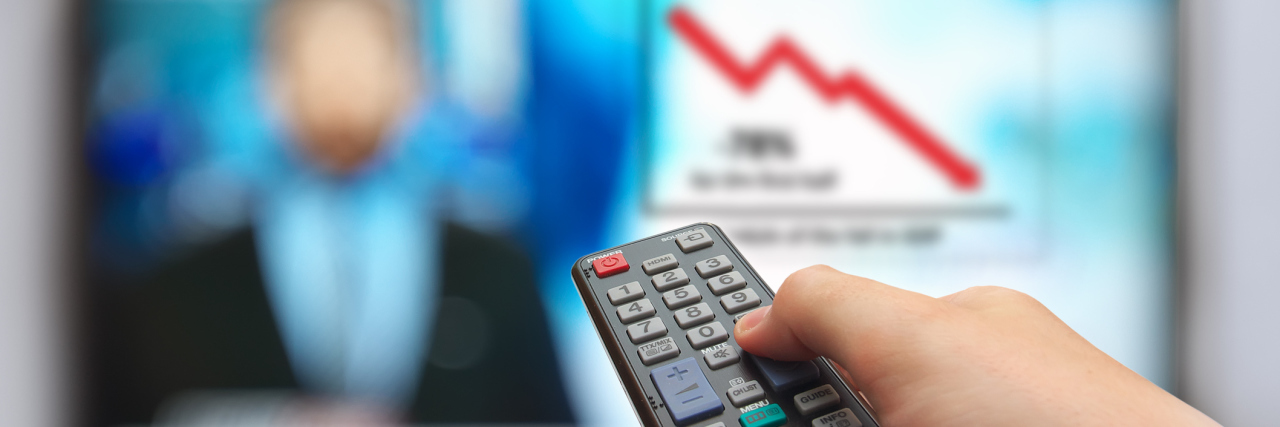I guess I am lucky to live a fairly sheltered life. I live on a property in a tiny town in rural Australia. It’s a friendly place, everyone knows everyone else, neighbors share their fresh produce and kids spend the weekends at each other’s farms building forts and climbing trees — idyllic and far removed from the hustle and bustle of the big cities. Terrorism doesn’t exist out here.
I first heard about the terrorist attacks in London on Twitter, probably before most Londoners even knew about them. When I hear about awful events such as these, I immediately think back to that morning back in 2001 when we woke to the news of 9/11, gathered around the small TV in the family room of my in-laws house watching in shocked disbelief as the second plane hit and the towers fell. So many lives extinguished so suddenly and without reason. I wondered, could this happen here? The little bubble of safety I had existed in had burst and I, like so many others, wanted someone to pay.
The western world began a witch hunt that day, and as the “War on Terror” raged on for first months and then years, my thirst for blood decreased as I started to think about all of the victims involved. Not just those who lost their lives in New York that fateful day, but the countless soldiers from nations around the globe, innocent civilians caught up in the fighting, the people unfairly persecuted for their religious background or the families who’s loved ones had returned from war changed and broken — so many unnecessary deaths, so much pointless destruction.
If the goal was to inflict fear upon the world, then I felt like the terrorists were winning.
For people with anxiety and depression, even if we have not been directly affected by terrorist attacks, these threats to our way of life can compound our already depleted selves. This news can fill us with more fear and sadness and it’s no wonder why we struggle when we switch on the news each day and are reminded of all the bad things in the world. When there is so much emphasis is placed on pain and destruction, what ever happened to sharing good news?
Terrorist attacks can also leave those of us with depression with immense feelings of guilt. I remember hearing about yet another suicide bomber and thinking, “These people have just been injured or lost loved ones and here I am, physically healthy and with a loving family, why is it so hard for me to just get out of bed?”
What we must remember at times like these is that just because someone else is going through something awful right now, it doesn’t mean that our own issues are any less valid. We are each only experiencing our own lives and what seems small for one person is huge for another.
So how can we look after our mental health during times like these?
1. Switch off.
If the news is causing you too much distress, then it is OK to change the channel, watch a DVD, read a book or distance yourself from social media. If you are worried about missing something important, then you can always call a trusted friend or loved one and tell them you are going to take a mini-break from media and if something happens they feel you need to know about, they can call you.
2. Don’t bottle it up.
Sometimes just talking to your therapist, loved ones or friends about how you are feeling can make a huge difference. If you don’t feel like talking, then you could always write your feelings down in a journal or letter.
3. Practice your self-care routine.
Be it a warm bath, exercise, gardening — indulge in whatever it is that makes you feel good.
4. Be of service.
Sometimes we can help remind ourselves and others there is good in the world by being the good in the world. If you are able to, volunteer your time for a local community event or service, help that old lady struggling with her shopping trolley in the car park, spend a few minutes talking to that homeless man — remember even little things can make a big difference to someone else’s day.
As I watch the aftermath of London unfold on social media with a heavy heart, it is clear that the people are still very divided. Celebrities and world leaders have responded in different ways, most sending messages of support and unity, a select few choosing to use the events to support personal political agendas and spread fear.
Among the common folk, while the need to find someone to blame was immediate. There tweets inciting hatred towards specific religious groups were flying minutes after the first incidents were reported. But I was happy to see Twitter was also equally inundated with love, support offers of cups of tea and shelter and reminders that extremists are just that, extremists and do not demonstrate the views of an entire religion.
By supporting each other through these events, being of service in the community, choosing love over hatred, expressing tolerance and understanding instead of bigotry and by practicing self-care techniques, we are already fighting both for our mental well-being and against terrorism, simply by uniting together.
If you or someone you know needs help, visit our suicide prevention resources page.
If you need support right now, call the National Suicide Prevention Lifeline at 1-800-273-8255 or text “START” to 741-741.
We want to hear your story. Become a Mighty contributor here.
Thinkstock photo via Silent_GOS

